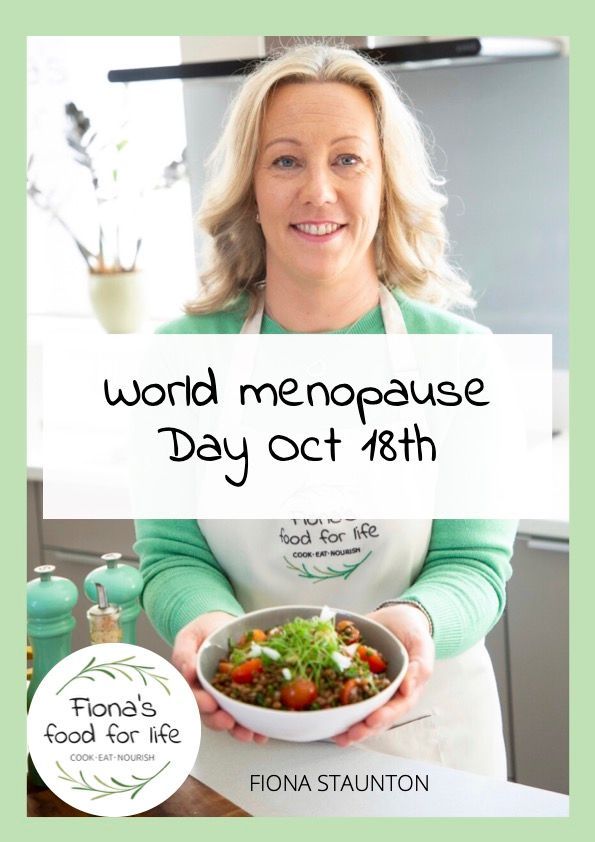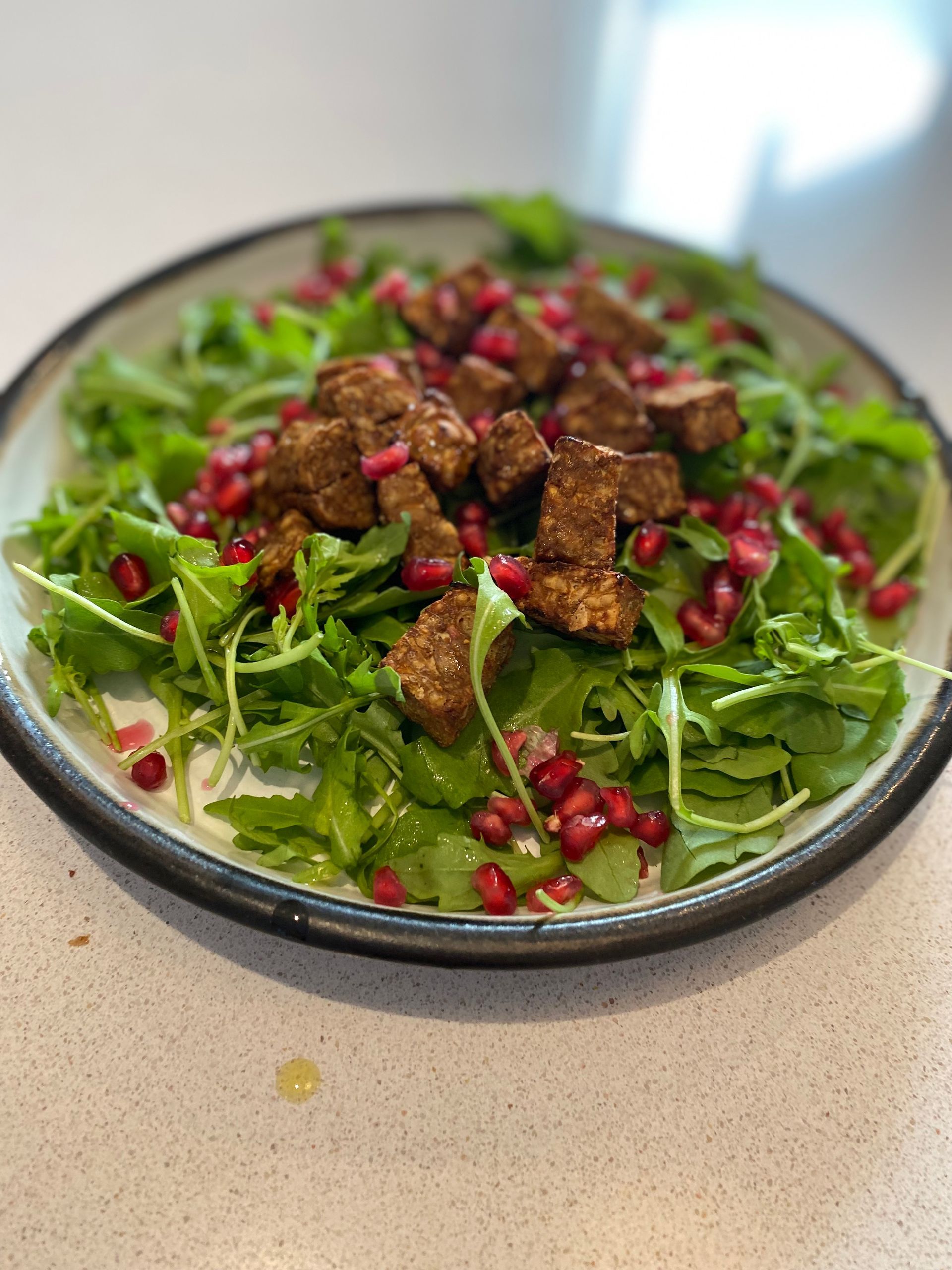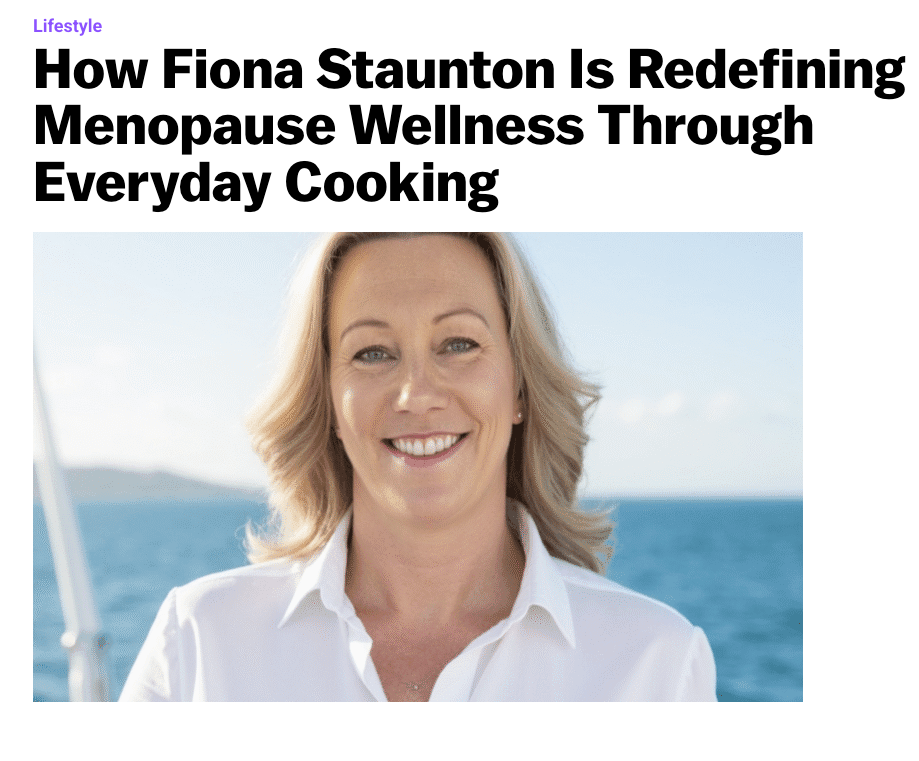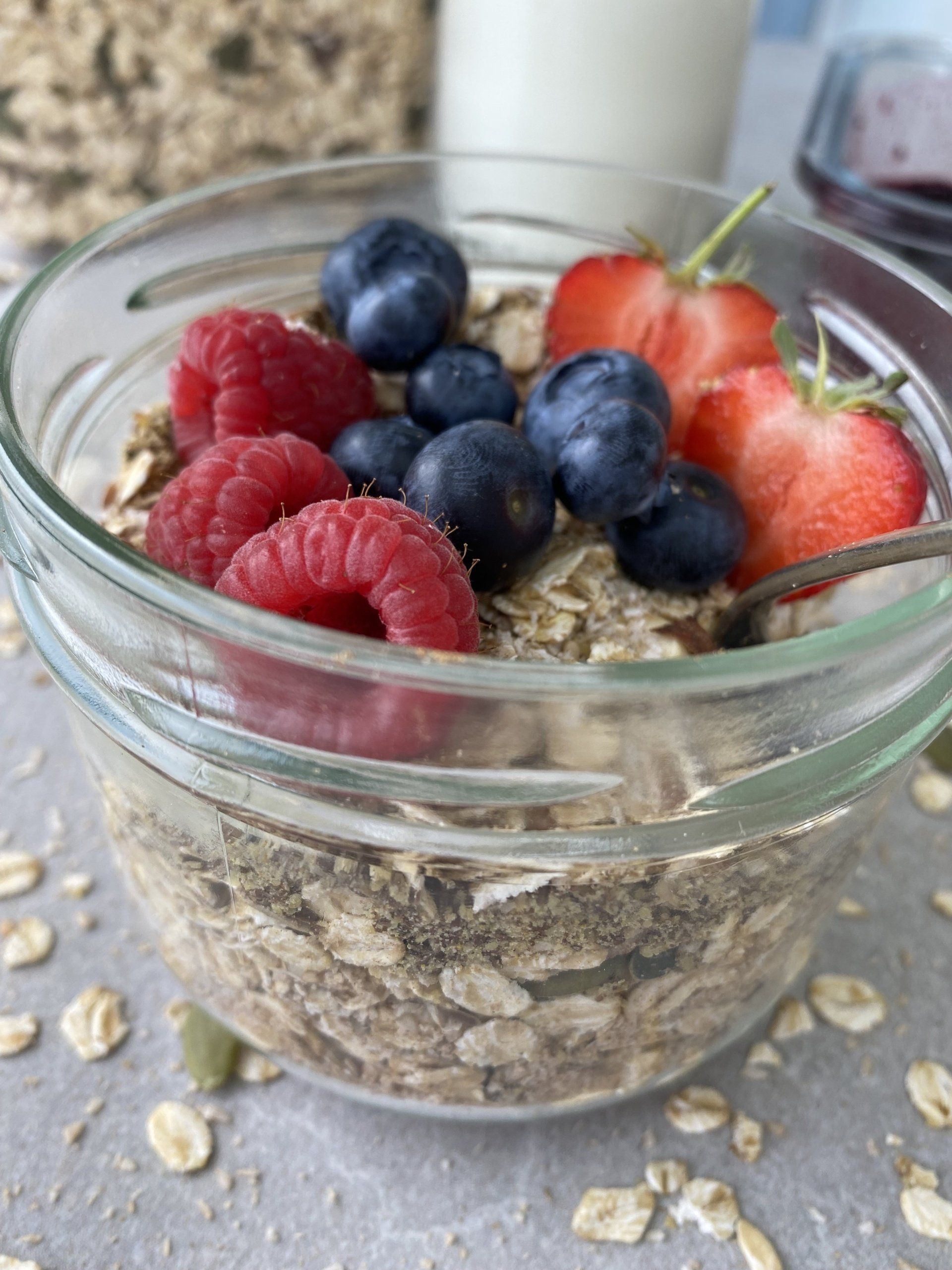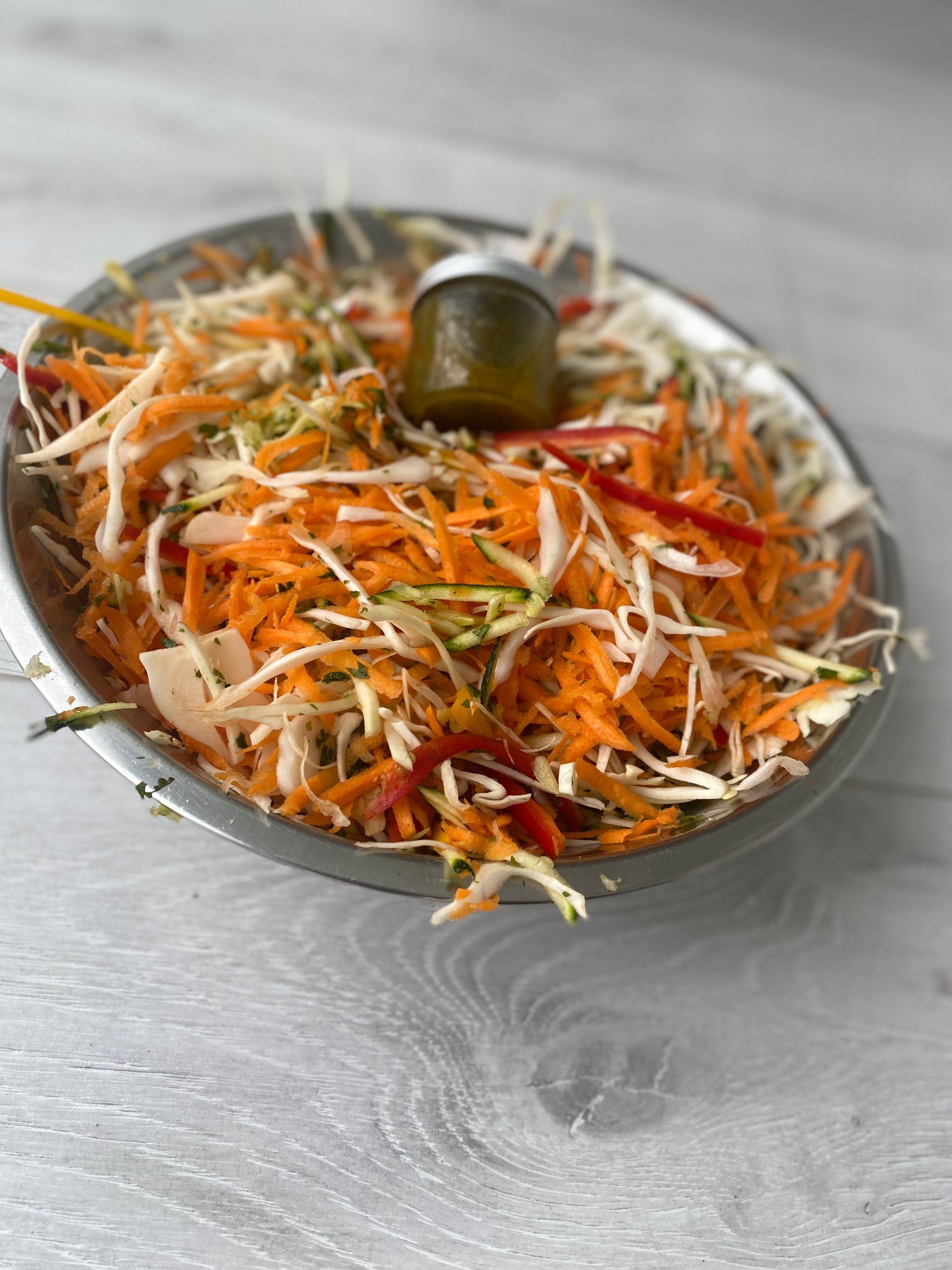Does chicken have added hormones?
Why does an organic chicken cost €19 and a larger intensively reared chicken off the shelf cost €4?
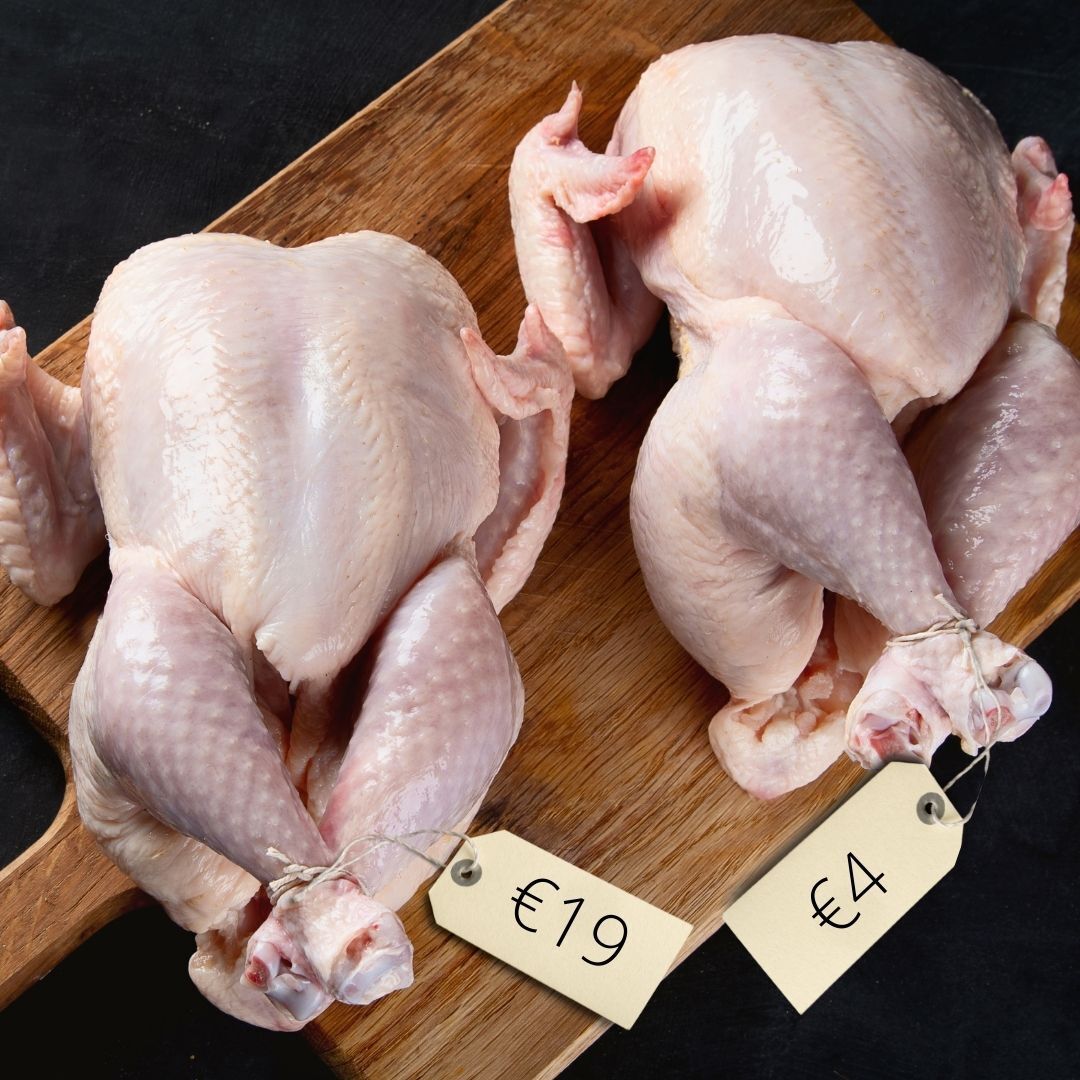
It is all down to the rearing method and what is involved for each bird, but do consumers know what they are getting?
This topic has come up on my recent 6 week menopause cooking programme. As a personal preference, I eat organic chicken and eggs, I have eaten organic eggs for years and with the meat I used to eat free range at a minimum.
When I was told that hormones were injected into chickens at the end of processing, I was shocked and I admit, I believed it. I had a vet attending my cooking programme and she set me straight on the regulations! With almost 30 years working in the food industry, I find it confusing, how must it be for the average consumer? The information out there is mind boggling, hopefully this blog might help clear things up.
Fact: It is illegal to use hormones in the production of chicken for meat. FSAI
Fact: Poultry is divided into two groups - meat and egg, under varying intensities, intensive, free range, barn and organic.
Fact: Organic chicken farming is closely monitored, in terms of feed, housing and veterinarian practices.
I find the labelling and information about chickens in our supermarkets confusing - how about you?
Labels and media can be so confusing to find out the exact answer, but I have learnt the importance of checking the facts before sharing!
What I believe to be true:
- Intensively reared chickens have excessive use of antibiotics and non organic feed and fast reared chickens live stressed lives, can struggle to walk & can have health issues.
- Organic chicken farming is closely monitored, in terms of feed, housing and veterinarian practices so if I'm going to eat chicken or eggs ill stick with organic thank you!
Do I think carefully before putting antibiotics in my body? yes
Am I selective in the choice of organic food I eat? yes ..... This is why I choose to eat organic chicken
Here is some information and sources of my information to help you make an informed decision that works for you. Ask yourself why does an organic chicken cost €19 and a larger intensively reared chicken on the shelf costs €4 in our supermarkets?
So why does an organic chicken cost €19 and a larger intensively reared chicken on the shelf costs €4?
According to the
Australian meat federation, 4 out of 5 people named hormones or chemicals as the reason for the increase in meat on carcasses, I don't believe it is hormones but I think chemicals have a lot to do with it. Selective breeding and quality of feed are some of the reasons why chickens are so much bigger than they were 40 years ago. The average chicken lived for 64 days in 1975 but now they live for 35 days.
Organic standards are defined by the European Council reg 834/2007 The two bodies in Ireland are The Organic Trust and the Irish Organic Association.
1. Feed
To prevent intensive rearing methods
- They are reared to a minimum age, i.e. 81 days for chickens.
- The feed must be of organic origin and certified organic (Non organic protein feed is permitted up to 5% on an annual allowance, no synthetic amino acids or genetically modified raw feed ingredients are permitted), they must have access to insoluble grit to help digest food
- FYI In some instances a non organic chick maybe used but they must be grown organically for at least 81 days.
2. Housing
- A major difference between free range and organic farming is the stocking density which must be adhered to. By organic standards, birds are granted more in both housing and range.
- Birds must be provided with 16 hours of light per day, this can be supplemented with artificial light as required. They must have 8 hours nocturnal rest. Source: Teagasc
- Biosecurity - measures need to be put in place to ensure flock health and welfare so that disease will not impact productivity or profit of the farm.
- Veterinary practices - Organic producers are not permitted to use any preventative veterinary treatments. If an illness occurs and treatment is necessary this is allowed. Beak trimming is not allowed.
3. Range
- Birds must have access to outside pastures and appropriate shelter.
- They have access to open air area for at least 1/3 of their life
These measures would suggest that intensively reared birds are reared in conditions considerably lower than this.
Intensively reared chickens inc. free range
- Chickens that grow too fast can suffer severe welfare issues. As they become too heavy for their skeletons, they can struggle to walk properly and suffer from heart defects and other health problems. Source: RSPCA
- According to an article in the USA, chickens don't take steroids and hormones, the reason they are so big is down to breed and greed
- Antibiotic use is very concerning for our health " antibiotics are given to make food animals put on weight more quickly than they would otherwise, or to protect food animals from illnesses that the crowded conditions of livestock production make them vulnerable to. And nearly two-thirds of the antibiotics that are used for those purposes are compounds that are also used against human illness – which means that when resistance against the farm use of those drugs arises, it undermines the drugs’ usefulness in human medicine as well." Maryn McKenna
- According to the Farming Independent in March 2021, some 60,000 chickens have been destroyed by Carton Bros, the company that produce Manor Farm chicken, over the possible use of unauthorised antibiotics.
- Poultry meat and eggs that carry a ‘free range’ label must have been produced in registered establishments complying with legislative requirements relating to housing, open air runs and stocking density. source FSAI
- Stressed birds won't lead to tender meat!
- Plumping, also referred to as “enhancing” or “injecting,” is the process by which some companies inject raw chicken meat with saltwater, chicken stock, seaweed extract or some combination thereof. Does this happen in Ireland? I don't know.
Some Interesting points
- Did you know that many chicken pieces for sale in Ireland are not produced in Ireland? Ask your butcher where his chicken fillets are produced!
- You can buy organic Irish chickens from your local farmers market or online from
- Regan Organic Farm
- Organic meat.ie
- Rings family farm
- Pheasants Hill Farm
What are your thoughts on Organic v Free Range v Intensively reared chickens?





